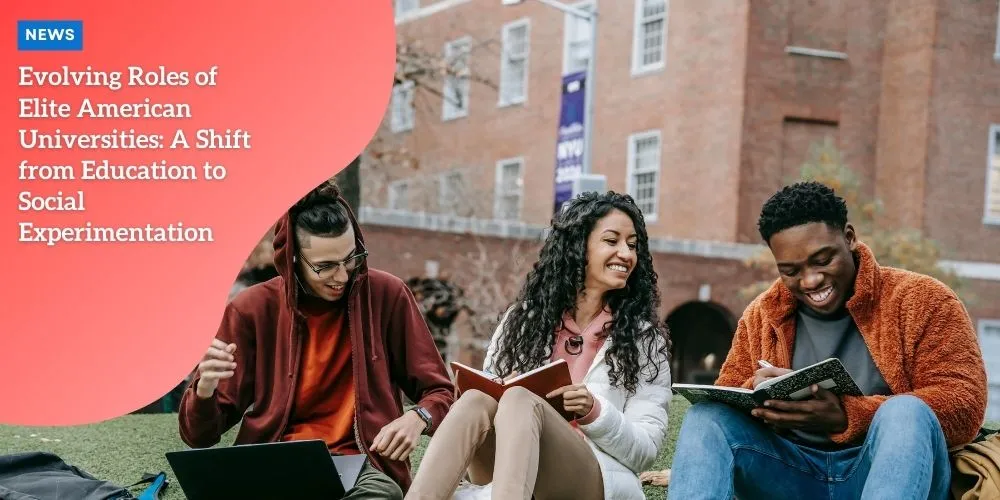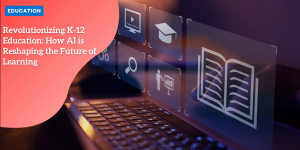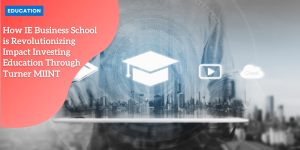Evolving Roles of Elite American Universities: A Shift from Education to Social Experimentation

The Ivy League Evolves: From Ivory Towers to Engines of Social Change in the 21st Century
The esteemed institutions of the Ivy League have long been synonymous with academic prestige, nurturing some of the brightest minds and generating groundbreaking research.
Anúncios
However, a metamorphosis is underway, one that challenges the traditional image of these universities as secluded ivory towers.
Today, the Ivy League is redefining its role, transforming from a cultivator of scholars into an architect of social change.
This evolution raises intriguing questions about the future of higher education and its impact on the broader societal landscape.
Anúncios
From Pure Scholarship to Societal Engagement: A Paradigm Shift
Historically, the Ivy League’s primary focus was on rigorous academic inquiry and fostering groundbreaking research.
This dedication to scholarship remains a cornerstone of their identity, attracting brilliant minds and producing advancements across diverse fields.
Anúncios
However, societal pressures and a growing desire for real-world impact have spurred a shift towards a more engaged social role.
Universities are increasingly viewed as engines of social change, tackling complex problems and generating solutions that address critical issues facing our planet.
This transformation reflects and influences broader societal trends, creating a dynamic interplay between academia and the world it seeks to shape.
Balancing Social Impact with Academic Excellence: A Delicate Equilibrium
While the integration of social change initiatives is crucial for fostering a more just and equitable society, concerns arise regarding potential consequences for traditional education.
A heightened focus on diversity and inclusion, while necessary, might lead to debates about the prioritization of academic rigor and scholarly pursuits.
Universities must navigate this delicate equilibrium, ensuring that their core mission of academic excellence remains robust while embracing their expanding roles as societal changemakers.
This requires a strategic approach that integrates social impact initiatives organically within the existing academic framework, fostering a learning environment that prioritizes both intellectual growth and social responsibility.
Beyond the Walls: Influence and Scrutiny
The reach of the Ivy League extends far beyond its venerated campuses.
Their decisions, research findings, and leadership choices have a profound impact on national and international policies, public opinion, and power dynamics.
For instance, the recent resignation of Harvard’s president underscores the ongoing scrutiny these institutions face concerning leadership transitions and their impact on core values.
Additionally, critics argue that the outsized influence of these universities contributes to the formation of an economic and social elite, raising concerns about educational equity and diversity.
To ensure their continued legitimacy, Ivy League institutions must foster open dialogues with the public, prioritize transparency in decision-making, and actively address issues of accessibility and inclusivity.
Signaling or Substance? Redefining the Value of an Ivy League Degree
The economic concept of signaling theory sheds light on the perceived value of an Ivy League degree in the job market.
Historically, such a degree symbolized intellectual prowess, access to a powerful social network, and a direct pathway to elite professional circles.
However, this narrative is being challenged.
Controversies within these institutions, coupled with the evolving educational landscape, have led some to question the reliability of this signal.
Additionally, the intensified competition for admission has further complicated the equation, forcing a reevaluation of the traditional connection between an Ivy League degree and success.
The Future of Prestige: Skills over Pedigree
As societal values shift and the job market prioritizes skills and adaptability over pedigree, the perceived prestige and purpose of elite education are facing scrutiny.
The diminishing reliance on brand-name degrees and the rising demand for practical skills and critical thinking are signaling a shift in societal perceptions of success.
Employers increasingly value candidates who demonstrate problem-solving abilities, emotional intelligence, and adaptability—qualities that are not always cultivated through traditional academic pathways.
This trend challenges Ivy League institutions to rethink their role in preparing students for a rapidly evolving world, where innovation and practical expertise often outweigh the prestige of a degree.
To remain relevant, Ivy League universities must prioritize a holistic approach to education, fostering an environment that integrates critical thinking, soft skills development, and real-world problem-solving alongside robust academic rigor.
This means expanding beyond traditional lecture-based learning to include experiential opportunities, interdisciplinary collaboration, and partnerships with industries.
By equipping students with both theoretical knowledge and practical skills, these institutions can ensure their graduates are not only well-rounded but also capable of addressing complex global challenges.
Additionally, fostering a culture of lifelong learning and adaptability will be crucial in preparing students for careers that may not yet exist.
A Return to Roots: Redefining Excellence in the 21st Century
Amidst the debates and uncertainties, a compelling path emerges—a return to the core mission of academic excellence and intellectual exploration that has defined the Ivy League for centuries.
By prioritizing in-depth scholarship, fostering critical thinking, and nurturing groundbreaking research, these institutions can reclaim their significance in advancing knowledge and innovation.
This renewed focus on academic rigor should be paired with a commitment to inclusivity and accessibility, ensuring that talented individuals from diverse backgrounds have the opportunity to contribute to and benefit from these world-class institutions.
A renewed commitment to academic excellence will pave the way for equitable access to quality education, bridge the gap between academia and real-world challenges, and set new benchmarks for global higher education standards.
Ivy League universities have the resources and influence to lead by example, creating programs that address pressing societal issues such as climate change, technological disruption, and social inequality.
By leveraging their intellectual capital and global networks, these institutions can drive meaningful change and inspire other educational systems to follow suit.
The Evolving Legacy of the Ivy League
The metamorphosis of the Ivy League is ongoing, and their ability to navigate this transformation will determine their continued relevance and impact on shaping the future.
By embracing a broader social role while remaining bastions of academic excellence, these institutions have the potential to become powerful catalysts for positive change, fostering knowledge, innovation, and social progress in the 21st century.
This evolution requires a delicate balance—honoring their rich traditions while adapting to the demands of a dynamic and interconnected world.
Ultimately, the Ivy League’s legacy will be defined not by its past achievements but by its ability to inspire and empower future generations.
By fostering a culture of curiosity, resilience, and ethical leadership, these institutions can shape individuals who are not only successful in their careers but also committed to making a positive impact on society.
The Ivy League’s journey is far from over, and its next chapter holds the promise of redefining what it means to be a leader in higher education.





